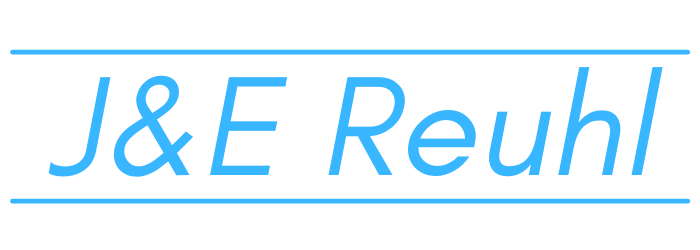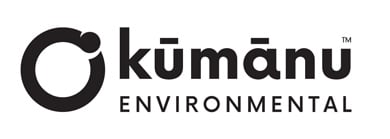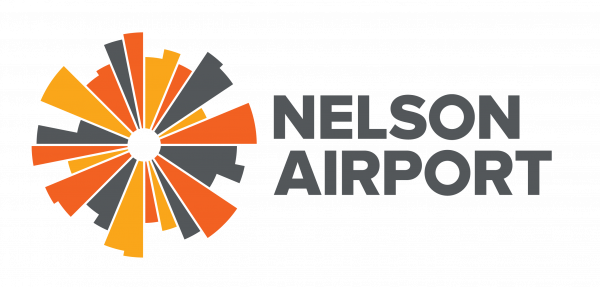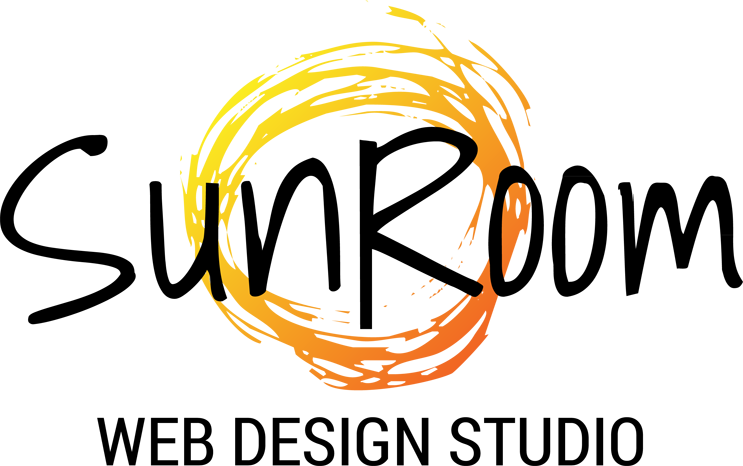Kiwi are coming to the Brook Sanctuary in early May
After nearly a century’s absence, little spotted kiwi are coming back to the region.
The Brook Waimārama Sanctuary is welcoming approximately 40 kiwi pukupuku (little spotted kiwi) in early May.
Get Involved
This landmark event marks the first attempt to re-establish the species on the mainland of the South Island.
We’re ‘Bringing Kiwi Home’ and we’d love you to get involved!
FAQs
Approximately 40 kiwi are being translocated from their breeding grounds on Kapiti Island in early May.
The initial release of the kiwi into the Sanctuary is a closed event, with representatives from Te Tauihu iwi welcoming the birds officially.
However, we’d love you to come to the Brook Waimārama Sanctuary after we reopen once they have settled into their new home. You may start hearing their calls at nighttime through the Brook Valley. We will be offering night tours to enable visitors the chance to encounter a kiwi (more information coming soon)
After almost a century-long absence from Te Tauihu, kiwi pukupuku (little spotted kiwi) are coming back to Nelson.
“Te Waipounamu is the traditional home for kiwi pukupuku so being the first region to welcome them back to their whenua in almost a century is a privilege.” said Turi Hippolite from Ngāti Koata
Sanctuary ecologist Robert Schadewinkel said being given the permission to have kiwi pukupuku in the Sanctuary is an “incredible privilege.”
“The Sanctuary team is very excited to be able to reintroduce kiwi pukupuku to the region as part of our ecosystem efforts and visitor experience offering, after so many years in the planning,” said Schadewinkel. “Translocating the threatened kiwi pukupuku is vitally important in helping to sustain and grow their population.”
“This project was the vision of the original founders of the Sanctuary and marks 20 years made up of thousands of hours of volunteers and staff – past and present – who have created the environment in which kiwi can once again thrive in Nelson.”
The translocation is jointly funded by Save the Kiwi and the Brook Waimārama Sanctuary, who rely on the support of their 2500 members, local organisations such as Nelson City Council, generous individuals and local business sponsors. Local jeweller, Jens Hansen in particular, has contributed through the Kiwi Establishment Fund set up in 2022 and the proceeds from sales of their Golden Kiwi necklace.
Translocation refers to the capture, transport and release of individuals of a species from one location to another. A translocation is an integral part of reintroduction.
Kiwi pukupuku / little spotted kiwi (Apteryx owenii) are unique to New Zealand. Their conservation status is currently ‘Threatened – Nationally Increasing’ (Robertson et al. 2021). The increase is due to newly established populations following translocations to offshore islands and fenced predator-free sanctuaries.
Kiwi pukupuku is the smallest of the five surviving species. Together with its larger relations, the great spotted kiwi and rowi, it is one of three kiwi species that used to roam the Nelson area. All three species went locally extinct after the arrival of introduced predators, especially stoats and dogs.
An experienced and accredited kiwi handler and translocation practitioner from Save the Kiwi will oversee all aspects of the operation, including catching and preparing birds on Kāpiti Island for translocation. Representatives from the Brook Waimārama Sanctuary will be assisting in teams for several weeks in April on Kapiti Island.
In accordance with Wildlife Authority permit requirements, the team will undertake various tasks such as banding/microchipping birds, conducting health checks, and collecting samples for disease screening. Samples will be sent to accredited laboratories, and transmitters will be fitted onto the birds as necessary. Additionally, the team will be responsible for removing or changing transmitters when needed.
Factors that contribute to a successful translocation include handling the birds with care, selecting healthy individuals, keeping the birds well-fed and watered, and minimising stress and overheating during transport and release.
This is the culmination of 20+ years of vision, hard work, and collective care. We’re beyond proud, and we can’t wait to share every step of this journey with you. 💚
📍Follow us to stay updated
🎥 Watch their journey unfold
🐦 Be part of bringing kiwi home – stay tuned for information on our upcoming competitions!
























